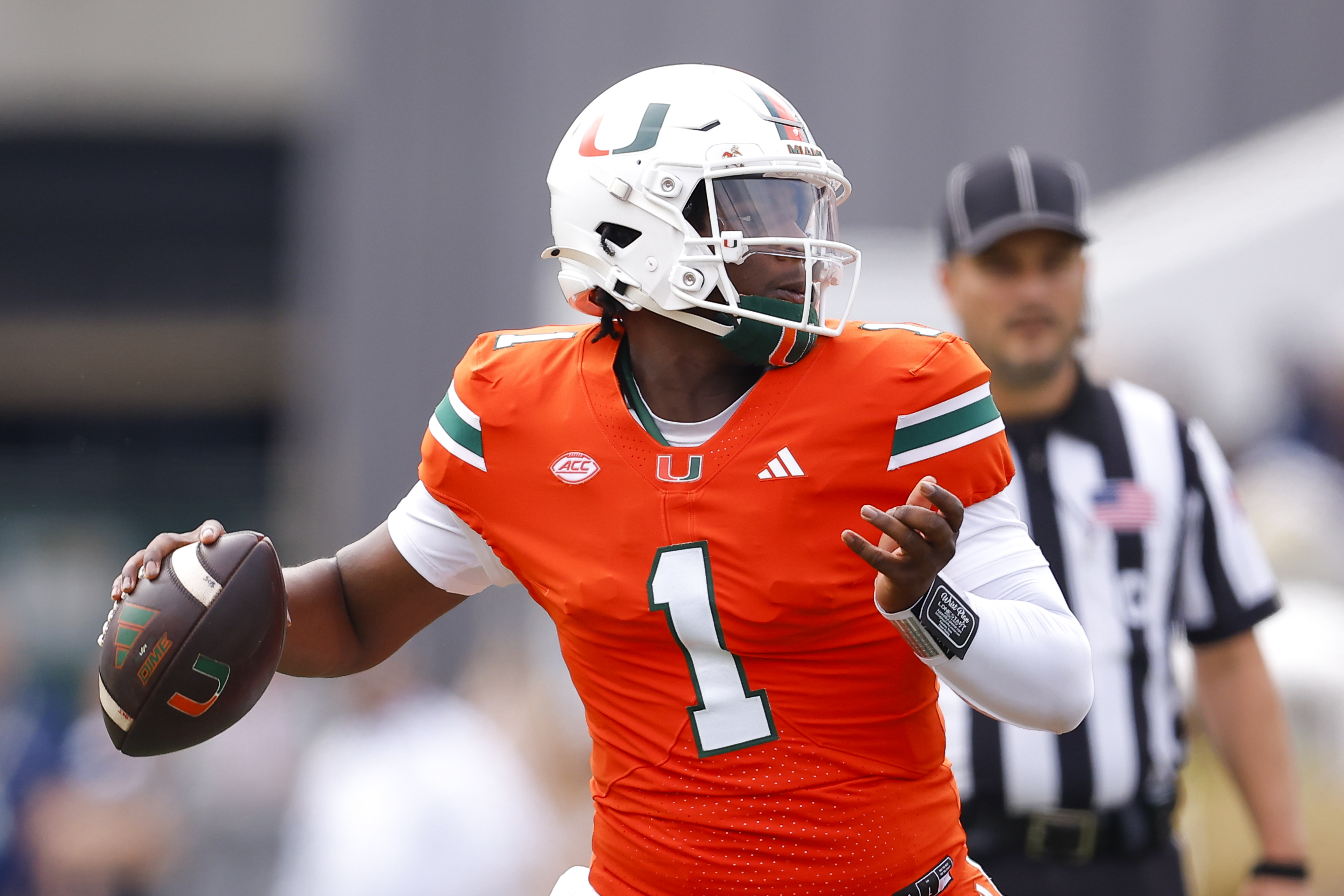Ten people have been hospitalized and one individual in Colorado has died following E. coli (Escherichia coli) infections linked to McDonald's Quarter Pounder hamburgers
Currently, a total of 49 cases have been reported in connection with this incident in 10 states, including 26 in Colorado and nine in Nebraska, according to the U.S. Centers for Disease Control and Prevention (CDC).
The CDC, the U.S. Food and Drug Administration (FDA), the United States Department of Agriculture (USDA), the Food Safety and Inspection Service (FSIS) and local public health officials in multiple states are investigating the E. coli outbreak, which may be connected to slivered onions or beef patties.
In response, McDonald's has proactively removed the slivered onions and beef patties used for quarter pounder hamburgers from stores in Colorado, Kansas, Utah and Wyoming, as well as portions of Idaho, Iowa, Missouri, Montana, Nebraska, Nevada, New Mexico, and Oklahoma, calling it "the right thing to do."
It is recommended that consumers who have eaten at McDonald's and experienced symptoms consistent with an E. coli infection should contact their health care provider to report their symptoms and receive immediate care.
Newsweek spoke to Natalie Stanton, a chartered environmental health officer and founder of The Safety Expert in the United Kingdom, to find out more about E. coli and its symptoms.
"Many strains of E. coli are harmless to humans; others can cause food poisoning," Stanton told Newsweek. "E. coliO157—the one that appears to be implicated in the U.S. connected with McDonald's burgers—is a particularly nasty strain that can cause food poisoning."
Stanton said that symptoms of infection with E. coli O157 include bloody diarrhea, vomiting, fever and abdominal pain, and that most people recover after one or two weeks.
She added that this strain could cause "very severe illness for people in vulnerable groups such as young children, babies and elderly people."
Among these groups, Stanton said, E. coli could cause organ failure and severe kidney problems such as kidney damage or kidney failure—or even death.
"For many other types of food poisoning bacteria, you need large numbers to make you ill, but for E. coli O157, even low number of the bacteria can make you ill," Stanton added.
Just 10 bacteria per gram of food could cause illness with E. coli O157, she said, versus some other food poisoning bacteria where thousands or millions were needed to cause symptoms.

Where Does E. Coli Come From?
"E. coli is a type of bacteria that is commonly found in human and animal intestines," Stanton said, who added that E. coli from animal intestines could contaminate raw meat during the slaughtering process and could survive if the meat was not cooked properly.
In fruit, vegetables and salad, she said, contamination could happen if washed with dirty water, contaminated with animal feces or sewage.
Or, Stanton added, bacteria from people suffering with an E. coli infection could contaminate food if they didn't wash their hands thoroughly before handling it.
Stanton said that businesses could protect their customers from E. coliinfection by following good food safety procedures.
"This will include things such as controlling cross-contamination between raw and cooked foods, effective cleaning and disinfection procedures, washing fruit vegetables and salad items before serving them raw, using reputable suppliers, keeping food under temperature control, effective procedures for managing staff sickness, and food handlers following good personal hygiene practices," she said. "Effective staff training is key to reduce risks and potential food safety incidents."
Do you have a tip on a food story that Newsweek should be covering? Is there a nutrition concern that's worrying you? Let us know via science@newsweek.com. We can ask experts for advice, and your story could be featured in Newsweek.

















:quality(85):upscale()/2024/04/24/878/n/3019466/36c5693c662965c5d1ce91.72473705_.jpg)


 English (US) ·
English (US) ·